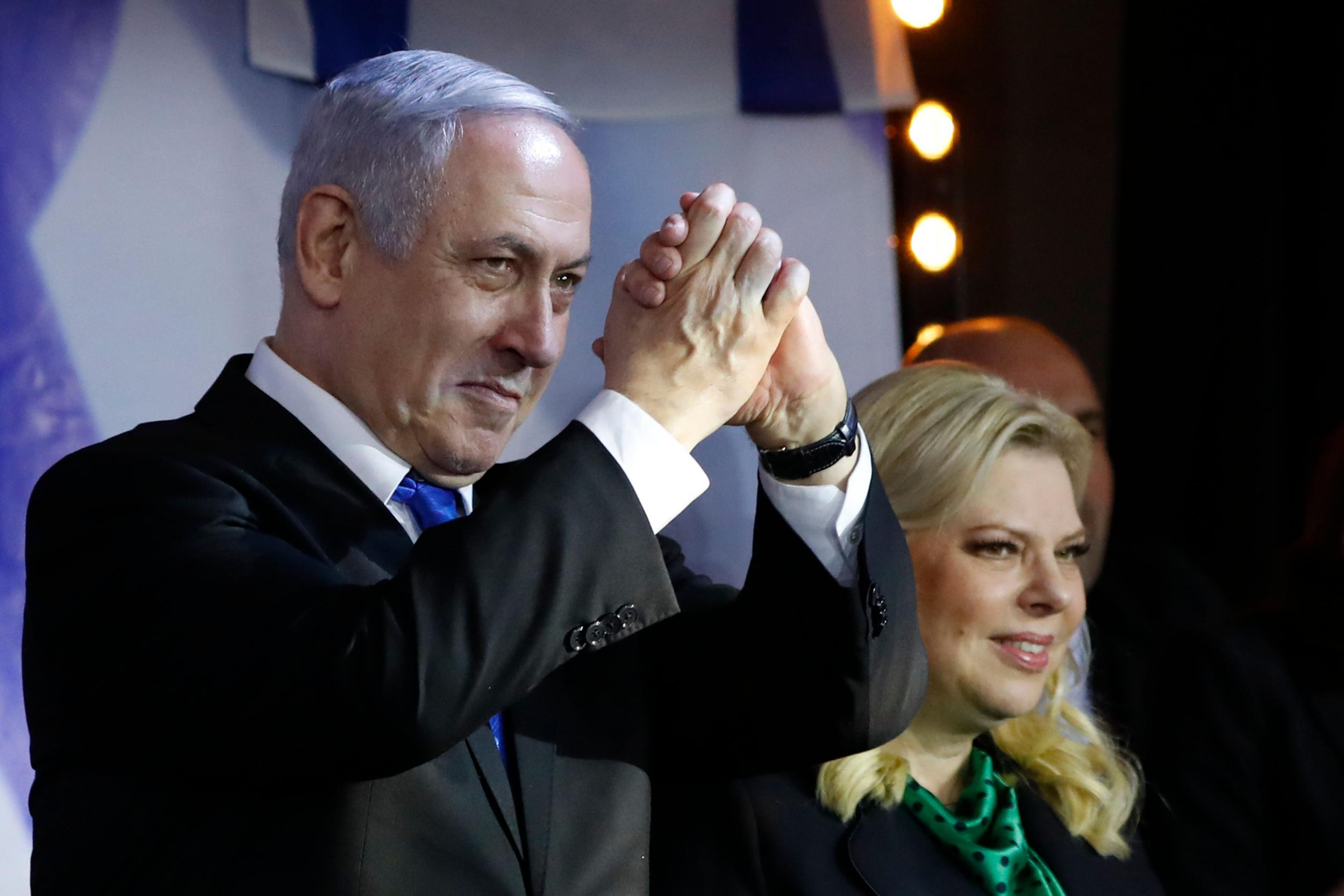The views of the Arab citizens of Israel must be heard in the country’s latest election
Increased participation from the Palestinian Arab citizens of Israel in the latest election can help be a catalyst for a brighter future for the country and all Palestinians

The day before the country’s third election in less than a year was announced, the Israeli tabloid Israel Hayom called people to reject Avigdor Lieberman, professed “kingmaker” in any coalition negotiations, and his Yisrael Beiteinu party, to end the political stasis.
It has become commonplace to explain the present quagmire through the intransigence of individuals – whether Lieberman’s polarising provocations, the Blue and White alliance leaders’ quibbling, or Benjamin Netanyahu’s shameless pursuit of power. This is because blaming internal disagreements among them is more comfortable than reflecting the country’s treatment of its largest minority, Palestinian Arab citizens of Israel.
The past decade has seen a sharp rise in incitement against Arabs living in Israel, spearheaded by the prime minister himself. In the absence of an “external enemy” to galvanise his base, Netanyahu has turned on his Arab compatriots in a manoeuvre straight out of the populist playbook. As the election dawned, Netanyahu apparently took to Facebook to claim that “Arabs want to destroy us”, a post that saw a chat function on his account banned from the platform for a time. The Israeli prime minister has denied writing the post; in an interview with Kan Reshet Bet radio, Mr Netanyahu suggested that a staffer’s mistake was responsible.
At an “emergency” Likud rally in November, Netanyahu escalated his incitement against the Arab citizens of Israel in the wake of their possible support of a government led by Benny Gantz’s Blue and White.
Netanyahu told the audience that a minority government will be “celebrated in Tehran, Ramallah and Gaza, the way they celebrate after every attack. This would be a historic national attack on the state of Israel.” He specifically named and attacked members of the Knesset, Ayman Odeh and Ahmad Tibi, to a chorus of booing, and a Facebook livestream of almost 150,000 people. The two MKs have said that they have since received death threats.
Given the 12-point increase in voter turnout among Palestinian Arab citizens of Israel, their role has been a key talking point. For many, however, civic and political participation is an unwelcome development. In this worldview, the Arab Palestinian community is in the state, but can never be part of the state.
There is no left in Israel without the Arab Palestinian citizens, and if there is, it cannot feign to call itself left. Arab Palestinian citizens of Israel have scarcely been harnessed or appreciated. Their unique proximity and insight into both sides of the political divide in the Israeli-Palestinian conflict can reinvigorate politics within Israel and a waning peace process. Moreover, the community can wield far greater power than it does at present.
Although the 61 per cent turnout among Arab Palestinian citizens of Israel was hailed as a success in the last election, this is nowhere near the heights of the Oslo Accord years, when turnout exceeded 75 per cent, and even less than the 1950s, when the figure reached 90 per cent. If turnout only increased to the level of the Oslo years, this could see the Joint List – the alliance of the country’s main Arab-majority political parties – reach 16 seats.
In the next election, increased turnout would be a win-win for Palestinian Arabs: either Gantz will have to go beyond his shallow overtures, and accept key demands of the Joint List, or a unity government between Likud and Blue and White would propel the Joint List to an uncharted scenario – as the official opposition in the Knesset. Alternatively, further elections and deadlock would expose the increasingly polarised political system and culture – especially following the quasi-constitutional nation-state bill in 2018 – for its inability to deal with active civic participation from 21 per cent of its population. Even if this is circumvented in the next electoral cycle, this problem will return as long as Palestinian Arab parties with basic Palestinian Arab demands are seen as beyond the pale.
The appetite for a third election among the Jewish Israeli public at large seems very limited, but the Joint List has already made it clear it would relish the opportunity to expand its influence further. Palestinian Arab citizens of Israel therefore can no longer be ignored: their participation is a prerequisite but also a catalyst for a brighter future for Israelis and the Palestinians.
Jonathan Shamir and Wasim Nasser work in the international department of the Mossawa Centre, an NGO advocating for the social, cultural, economic, political and legal rights of the Palestinian Arab community in Israel
UPDATE (08.01.20): A previous version of this article reported as fact that Netanyahu had himself claimed on Facebook that “Arabs want to destroy us”. The piece has been amended to make clear that the Israeli Prime Minister has denied writing the post.
Join our commenting forum
Join thought-provoking conversations, follow other Independent readers and see their replies
Comments